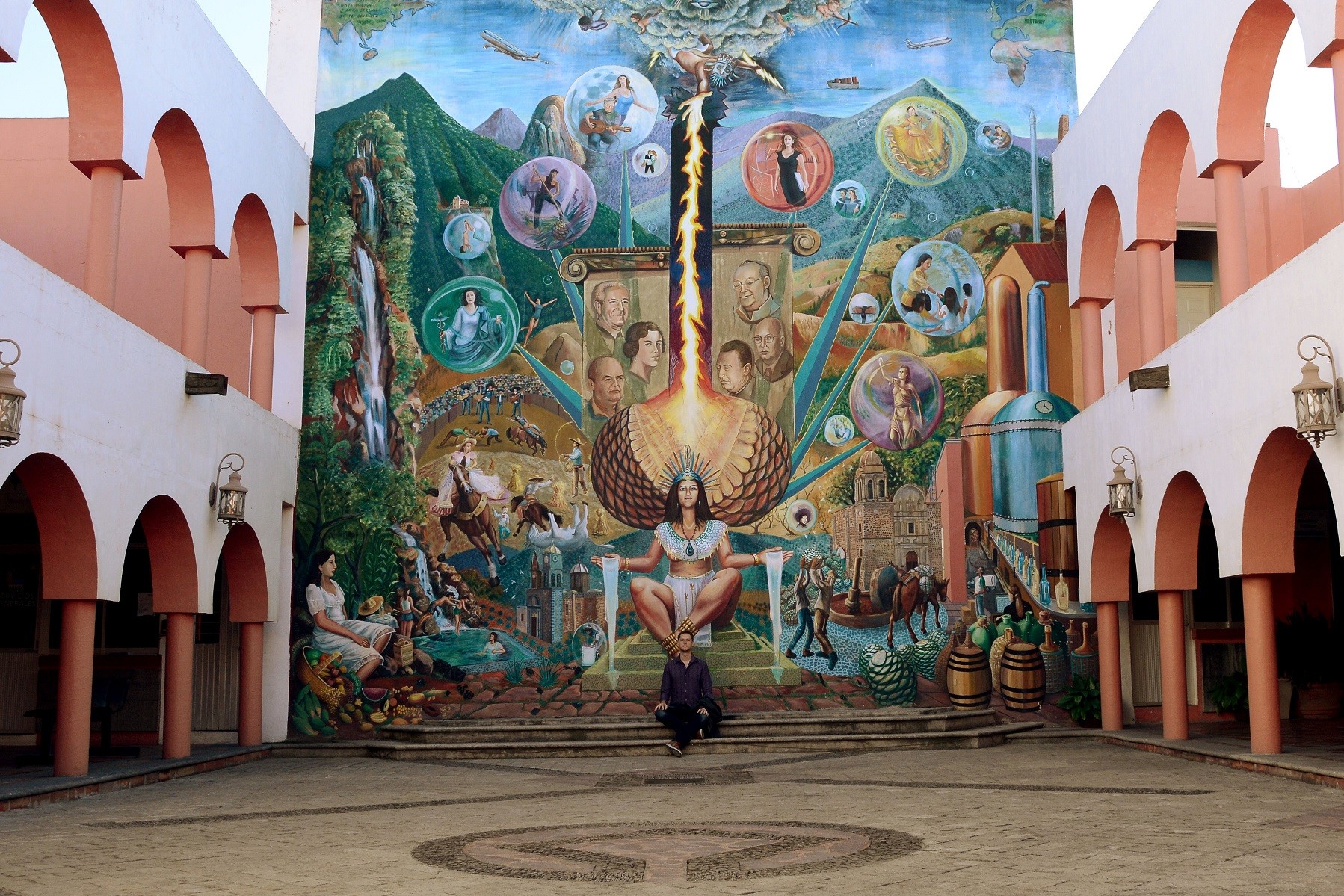Audio for “The War on Drugs is a War on People”.
The other day I criticised someone for repeating some hearsay from the media, for furthering the agenda of perpetuating the War on Drugs. She asked me why she shouldn’t want to perpetuate the War on Drugs, especially when it is an awful drug like ice – that is, methamphetamine.
The answer is simple. The War on Drugs is actually a War on People, a war waged against members of our own community. It is difficult to benefit by turning your own community into a warzone. If you calculate the consequences, it’s not hard to see how being in a warzone can hurt everyone in a community.
The other day here in Jalisco, the drug cartels set fire to some buses, killing several people and terrorising the populace. If an illegal cartel does something like that, it’s not all that surprising. If you read something in a history book about Al Capone’s organisation doing that, in a time and place where alcohol was illegal, it would again, be unsurprising. Though if a brewery company were to do something comparable today, it would be very surprising. So what’s the common thread?
When drugs are illegal, that makes it so much harder for an addict to get help. How can you ask for help, when to ask means admitting that you’re a criminal?
When drugs are illegal, they are significantly more expensive. That means an addiction can send someone broke. Then, if they want to attain drugs, it provides an incentive to expand their criminal activities: mugging, breaking and entering, and so on. If the addict once had respect for the law, it is now limited, because in a statist society controlled by legislation and force, nobody understands natural law. The addict only understands that he is already a criminal, and so he is more willing to commit more crimes.
In Portugal, the War on Drugs doesn’t exist. Instead, if someone is found to have drugs, they are given a psychological assessment, and counselling if they need help. If you support the War on Drugs, ask yourself if that makes more sense – if it is more humane, compassionate, and if a program which makes allies out of drug users, rather than criminals, is more likely to provide a beneficial solution.
